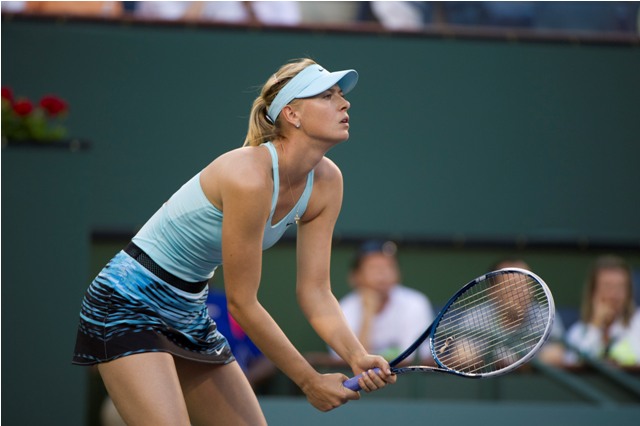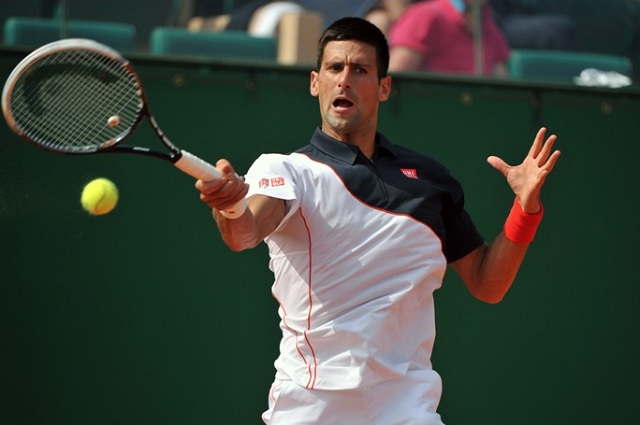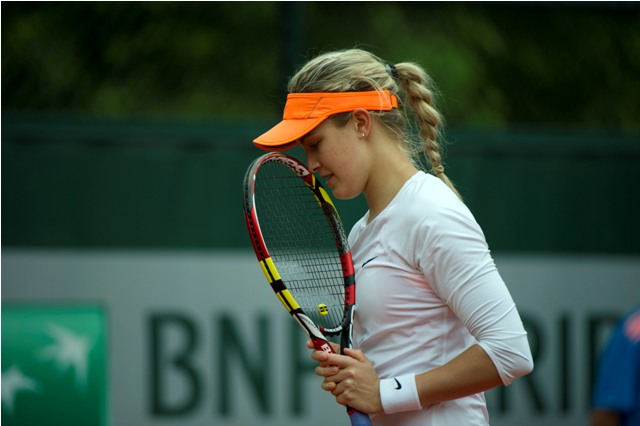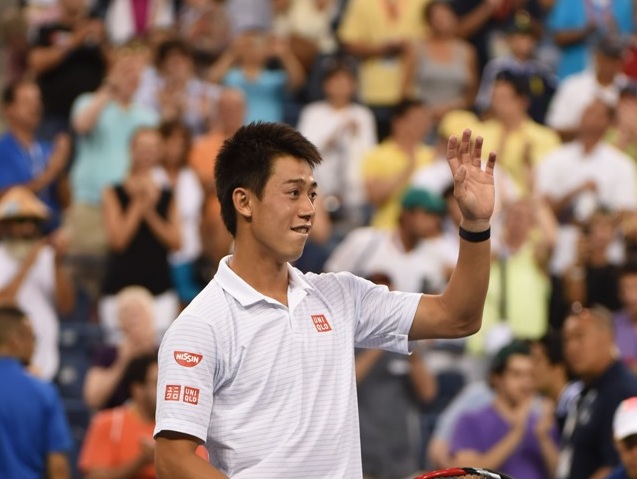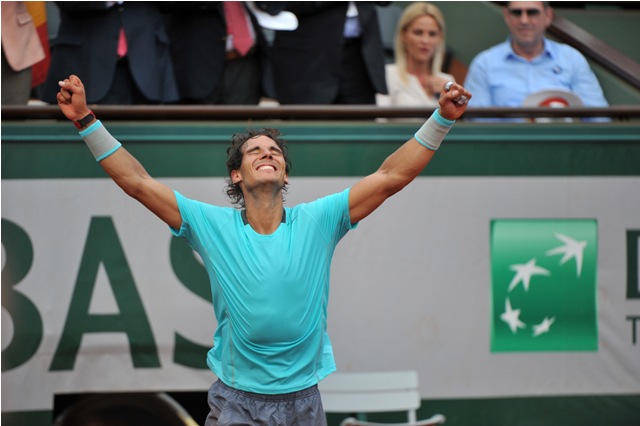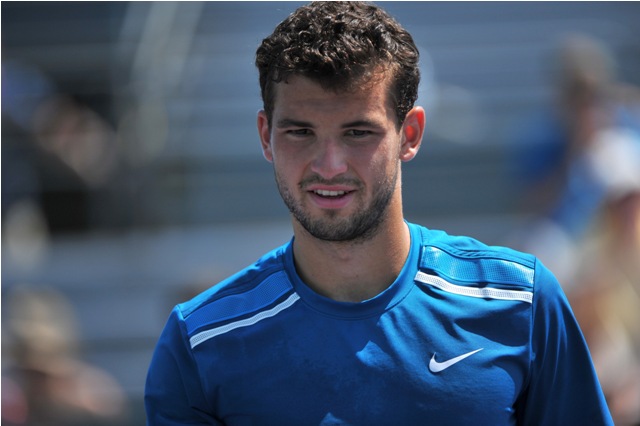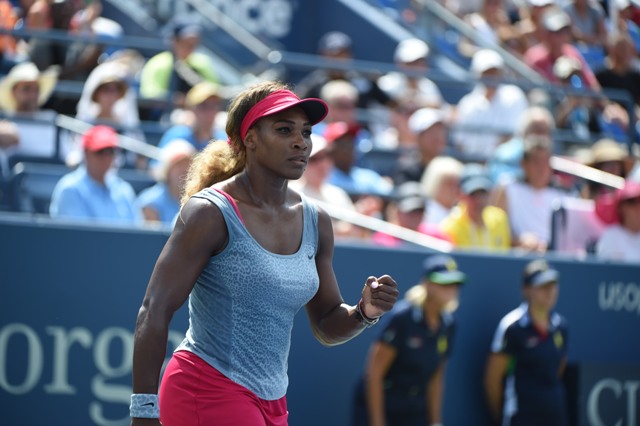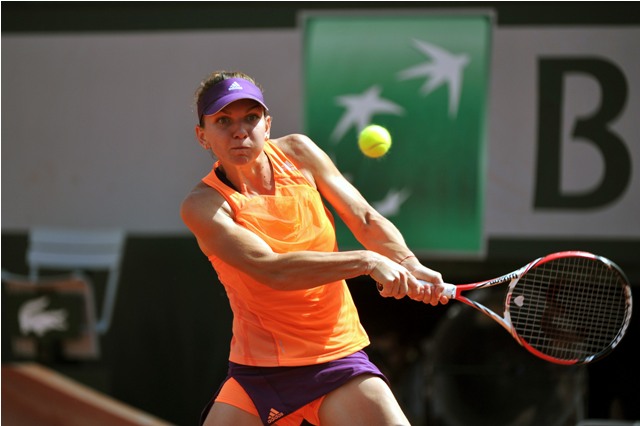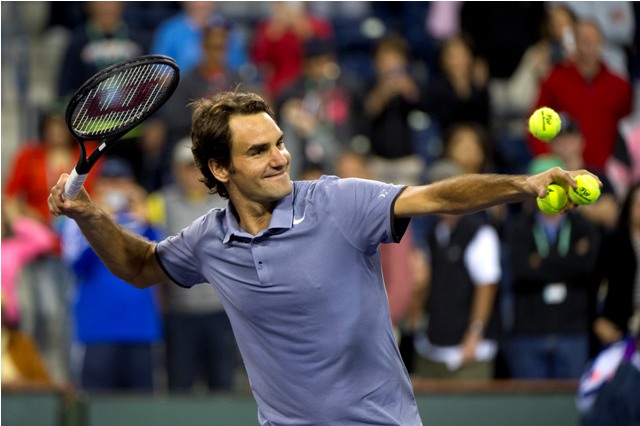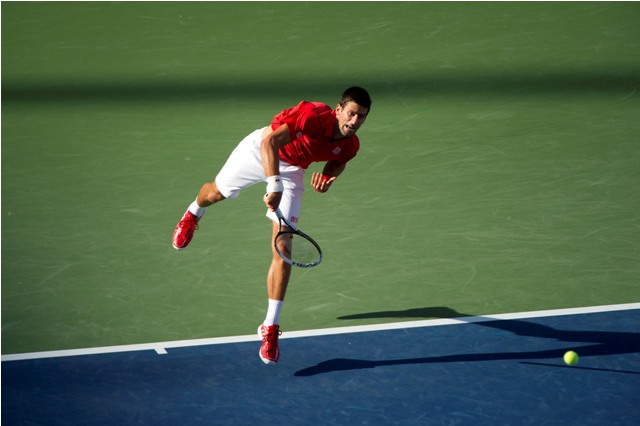Maria Sharapova vs Victoria Azarenka Preview – Indian Wells 2015 Round 3
The first blockbuster match-up of the 2015 edition of the Indian Wells event is set to take place on Monday evening in the American desert, as world No. 2 Maria Sharapova and two-time Grand Slam champion Victoria Azarenka will cross paths for the 13th time on the professional tour. Azarenka leads the head-to-head series 7-6, although Sharapova has won their two most recent clashes.
Follow the match Live Here: Azarenka vs Sharapova Live Stream
Seeded second, Maria Sharapova served up a 6-1, 7-5 scoreline against Yanina Wickmayer in her first match at the Premier level event.
“We have had some really good matches in the past, even though we haven’t played against each other in a while,” Sharapova said. “She’s made a few comebacks, and she’s already been playing really good tennis. I always look forward to our matches, and I’m sure it’ll be a good one this time.”
Article Continues Below Ad
The 32nd seed at this year’s Indian Wells event, Victoria Azarenka, reached the third round of the tournament after beating former Wimbledon semifinalist Kirsten Flipkens in straight sets, 6-2, 6-4. While the scoreline suggests it was a simple match, Azarenka had to fight back from a break down in the second set to close out the match.
“It’s great for me the more matches I can get like that,” Azarenka said of the looming match-up. “To play against one of the best players, it’s perfect. I’m looking forward to that. I definitely need to play my best tennis because she’s been playing great. So I’m really looking forward to that one.”
Sharapova and Azarenka have crossed paths on 13 previous occasions, with the Belarusian leading the series 7-6. However, her Russian adversary won their two most recent meetings on the tour, and will look for the trifecta on Monday at Indian Wells.While Azarenka has improved tremendously over the past few months, she is yet to find the form that will see her beat top ranked opposition consistently.
Prediction: Maria Sharapova in Three Sets


